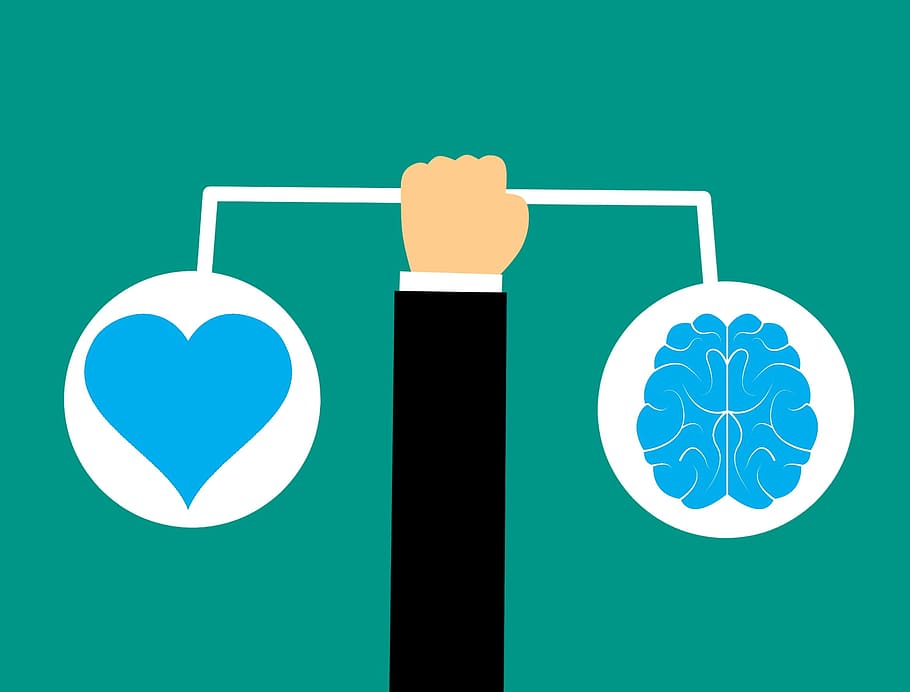
FAQ About Basics of Emotional Intelligence
Basics of Emotional Intelligence
2 years ago | gizem
How does emotional intelligence impact conflict resolution?
- Emotion Regulation: EI enables individuals to regulate their own emotions effectively during conflict situations. High EI individuals can manage anger, frustration, and other strong emotions, preventing them from escalating the conflict further. By staying calm and composed, they can engage in more constructive and rational problem-solving.
- Empathy and Perspective-Taking: EI involves understanding and empathizing with the emotions and perspectives of others. This empathetic understanding allows individuals to see the situation from different viewpoints, fostering empathy and compassion. It helps in acknowledging the emotions and concerns of all parties involved, leading to more empathetic and collaborative conflict resolution.
- Effective Communication: EI enhances communication skills, which are vital for resolving conflicts. High EI individuals can express themselves assertively yet respectfully, avoiding hostile or aggressive communication. They actively listen to others, seeking to understand their needs and concerns, and communicate their own thoughts and feelings clearly. Effective communication promotes understanding, reduces misunderstandings, and facilitates the resolution of conflicts.
- Conflict De-escalation: EI enables individuals to recognize signs of escalating conflict and intervene to de-escalate the situation. High EI individuals can identify triggers, manage their own emotions, and defuse tension by using active listening, empathy, and problem-solving skills. By addressing conflicts early and preventing them from intensifying, they contribute to healthier and more productive resolution outcomes.
- Collaboration and Win-Win Solutions: EI promotes a collaborative approach to conflict resolution. High EI individuals are skilled at finding mutually beneficial solutions that consider the interests and needs of all parties involved. They engage in problem-solving and negotiation with an open mind, seeking win-win outcomes that preserve relationships and satisfy the core concerns of all individuals involved.
- Emotional Awareness of Others: EI involves being attuned to the emotions of others during conflicts. High EI individuals can recognize and validate the emotions expressed by others, creating an atmosphere of psychological safety and trust. By acknowledging and addressing the underlying emotions, they create a conducive environment for resolving conflicts more effectively.
- Embracing Constructive Feedback: EI allows individuals to handle feedback and criticism constructively during conflict resolution. High EI individuals are open to feedback, can separate their emotions from the feedback received, and use it as an opportunity for personal growth and learning. This openness to feedback contributes to productive dialogue and resolution.
- Building and Repairing Relationships: EI recognizes the importance of relationships in conflict resolution. High EI individuals prioritize relationship building and are willing to make efforts to repair and strengthen relationships after conflicts. They take responsibility for their actions, offer apologies when necessary, and engage in reconciliation processes, fostering a sense of trust and cooperation.
